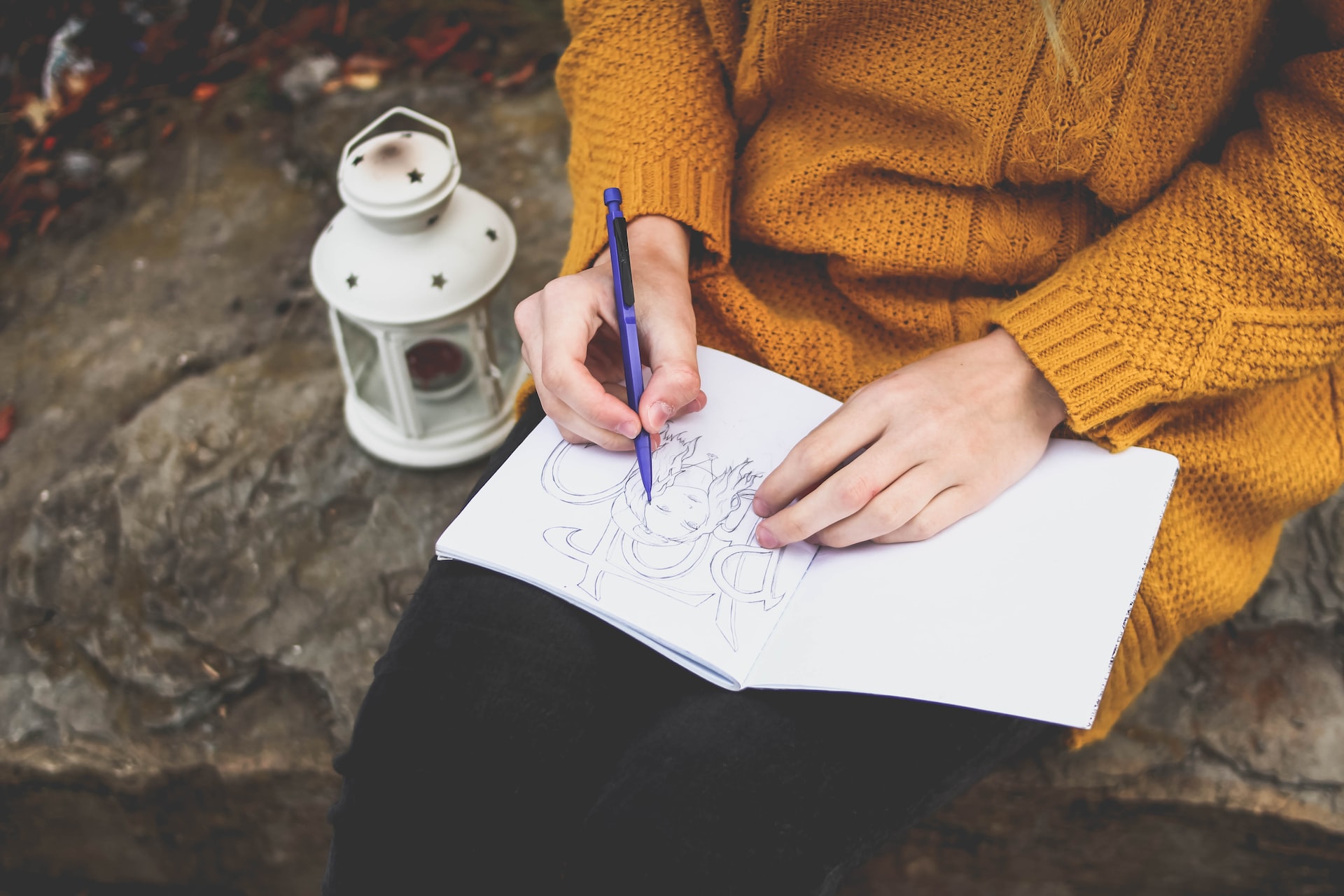Presently, there are 40 million Americans battling addiction. These range from narcotics and alcohol to gambling and sex. Although there are many effective ways to treat addiction, art therapy is a powerful tool according to the American Art Therapy Association (AATA). Its benefits are many and can help alleviate negative emotions and reconcile emotional conflicts. There are various art-based activities that can be especially beneficial to individuals recovering from addiction. Three art activities to aid addiction therapy are as follows.
Engage in Guided Drawing
Guided drawing has been utilized with great success in recent years in recovery. It is essentially a bilateral style of drawing with rhythmical drawing with repetitive scribbles. This releases tension but also acts as a healthy outlet for feelings that are otherwise difficult to express. During a secondary step, patients will be asked to make massage movements according to their own needs. Finger paint is often used for this part of the activity as it is conducive to smoother movements. When guided drawing is not a suitable activity, other activities focused on drawing will also suffice. Even creating a simple sketch of a serene scene such can be extremely therapeutic.
Experiment with the Lighthouse Activity
During the Lighthouse activity, patients have to visualize that they are lost at sea. A distant lighthouse is their only point of guidance. This is helpful for patients who feel overwhelmed and isolated. It is designed to instil a sense of hope for the future. A guided meditation initiates the activity where the leader will explain how light can be a guide away from negative feelings. The patients will be asked to imagine being out on the water on a beautiful, sunny day. The weather changes suddenly and the water becomes cold and tumultuous. After envisioning the lighthouse and heading towards it, patients will draw their own lighthouse and label it with words of hope and encouragement.
Create an Inspiring Collage
Negative words can be of great detriment to the human mind and can hinder the recovery process substantially. There are several art activities that can help dispel negative thoughts in patients recovering from addiction. One that is particularly effective involves patients creating a collage of ‘words to live by’, either individually or in a group setting. The collages can be as simplistic or detailed as the patient wishes to make it. This is often largely dependent on the materials available. Old newspapers and magazines, colored pieces of paper, markers, colored pencils, scissors, glue, cardboard, and rulers will all come in very handy when creating a ‘word to live by’ collage.
Art therapy is very effective in treating patients recovering from addiction. It has been proven to help patients deal with their negative emotions while also helping them rebuild their diminished self-esteem. Why not try the above three art activities to aid addiction therapy and see if it make a difference for you!







2 Comments
Thank you for this article! It reminded me of the many creative outlets we have at our fingertips to help us grow, both in recovery and in life, it we will just reach out and do them. Art, music, literature–even a hobby we enjoy, such as gardening, woodworking, sewing, knitting–can enrich us in unimaginable ways. Guess it’s about time I broke out my long-stored sketch pads, pencils, and charcoals (maybe even the canvases, brushes, and oil paints), and got on with the business of enjoying some of the most rewarding things life has to offer. While I’m at it, I’ll dust off the sewing machine and hunt up my old favorite fabrics, and dig out the long-mothballed yarns, crochet hooks and knitting needles. It’s all too easy to forget our favorite leisure-time activities when we’re wasting our time looking at the bottom of a bottle or chasing after something to put in a needle that will end up in our veins. But clean and sober, our horizons suddenly open wide, and then what can’t we do?
This was a very good read